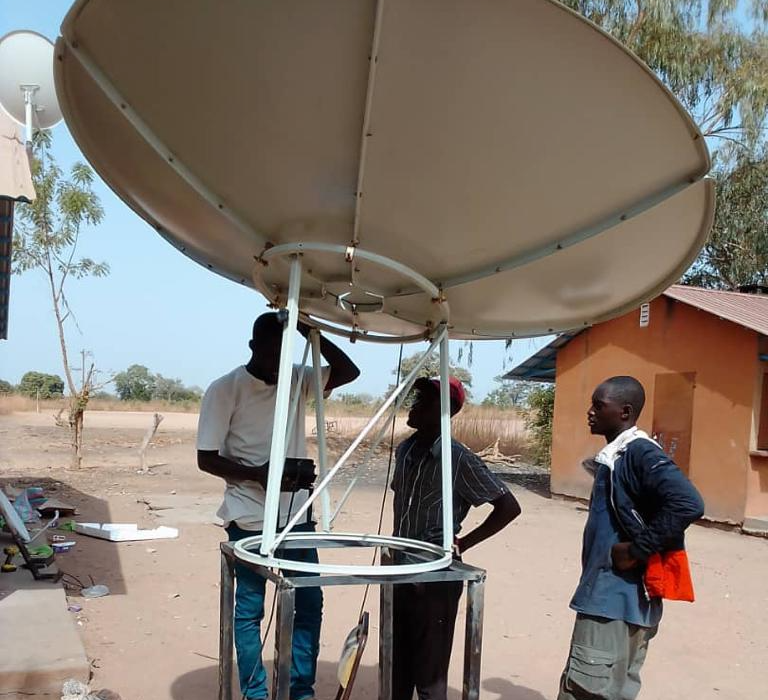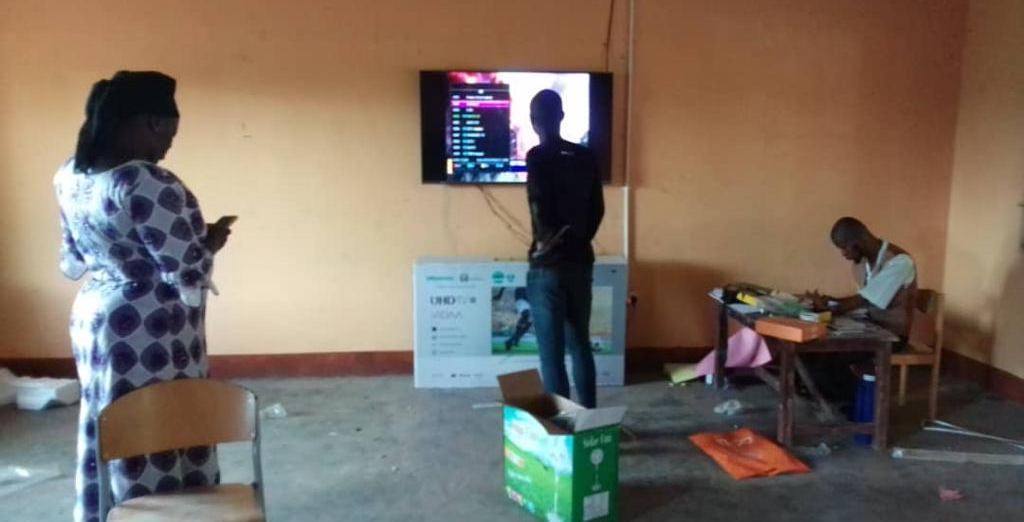Working in Partnership with Brunel University to bridge the digital divide
In conjunction with the Steve Sinnott Foundation and the Gambia’s Teacher’s Union, we have devised a sustainable solution to improve the quality of education in the Gambia’s Lower River Region. Our aim is to enhance the classroom teaching experience by digitalising the classroom and introducing technology. After extensive research, we have advised the implementation of TV screens and laptops that function off a solar powered circuit, with learning materials being downloaded onto a USB stick to be transferred to in-classroom teaching. These screens will serve as visual aids, by allowing for educational videos to be displayed. We believe that this project will not only enhance the children’s learning experiences, but also build the foundation for a potential online learning environment which can then be replicated across the region.
Fundamentally we are working towards SDG 4, which aims to ensure a quality education that is both equitable and inclusive and to ultimately promote lifelong learning opportunities for all. The coronavirus pandemic and its uncertainty has shown us that digitalising education is essential in upholding a quality education. For that reason, it is crucial to bridge the gap of the existing digital divide to ensure that present and future generations can thrive successfully.
From Engage issue 22.
You can find out more about this project here with our previous update in December 2020.






